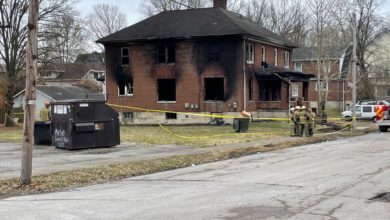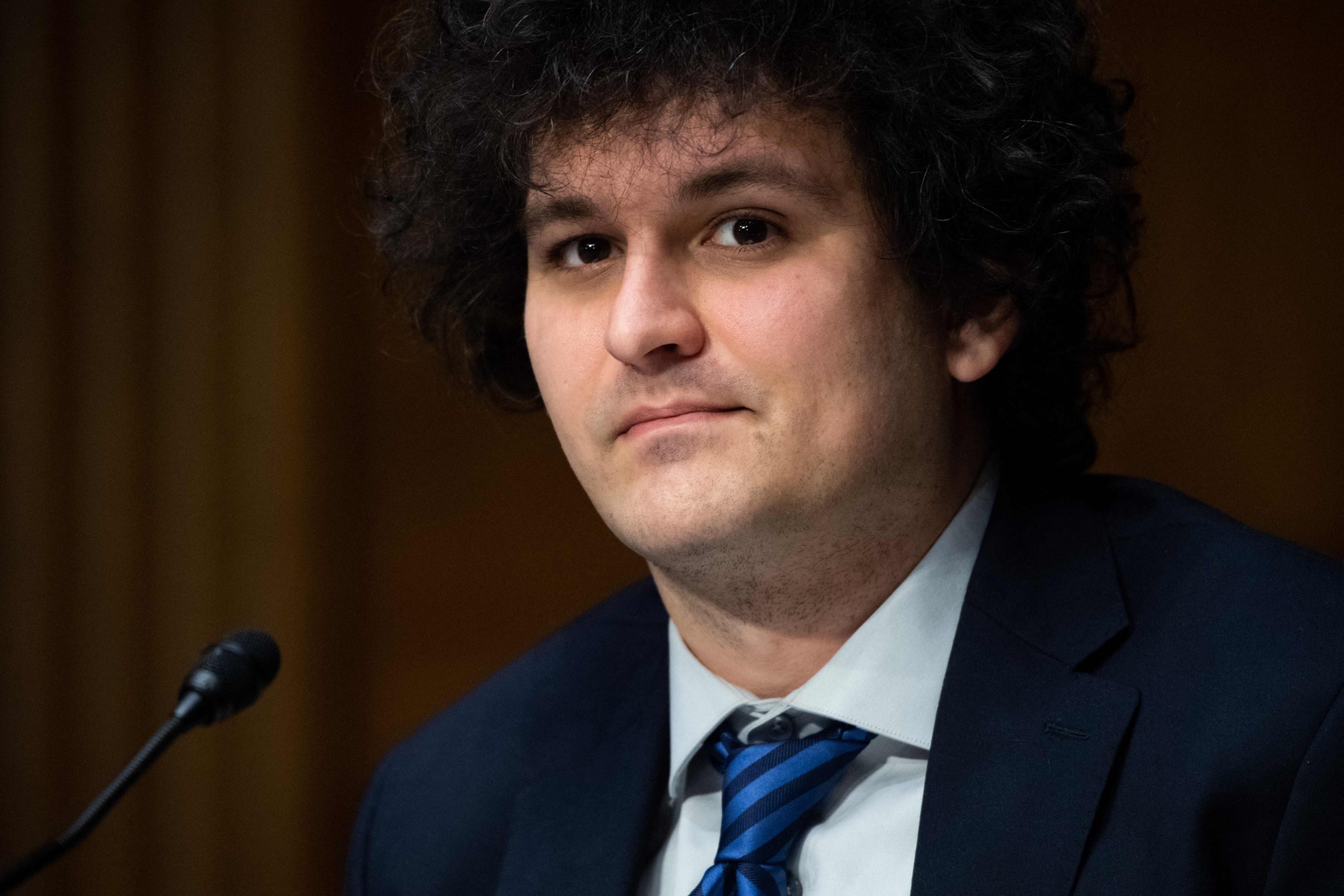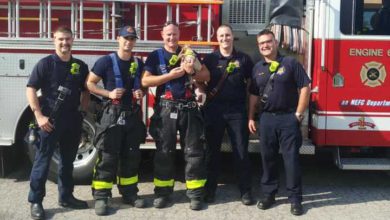
CINCINNATI — Paul Montgomery had high hopes for Pig Candy Barbecue after COVID-19 restrictions began to lift last month.
He even saw a silver lining when he opened his restaurant with limited seating at 5901 Kellogg Avenue in the California neighborhood in March.
"It really worked out a lot of kinks and got a lot of processes and procedures down while not having hundreds of people at the door," Montgomery said.
As capacity restrictions lifted, Montgomery and the staff at Pig Candy were able to scale up their service without being overwhelmed.
RELATED: Pig Candy BBQ blends good food, neighborhood history
Fast forward to today: Montgomery could not predict the crisis his restaurant is facing — a crisis that has nothing to do with seating capacity.
"Yeah, uh, supply chain has been — right now that's our, that's our biggest hurdle," he said. "We've been open three months Saturday, and the meat prices have gone through the roof."
Montgomery said he modeled his business to be able to handle fluctuating prices on certain items. If he had to pay more for one item, the sale of another menu item that is cheaper to purchase would make up for profit loss.
Now, everything is more expensive and, therefore, is reducing profits overall on food items, he said.
"You know, we're paying almost triple for pork that we did when we opened in March and, you know, we're a barbecue restaurant," Montgomery said. "That's our number one seller."
Josh Bolan, owner of the 859 Taproom and Grill at 8720 Bankers Street in Florence is experiencing the same high prices as Montgomery.
Bolan said the price of cooking oil has jumped from $14 to $40 an order in recent weeks.
"When you have to change the oil every two days and spend upwards of $600 dumping oil out, it does make it tough on you," he said.
Neither Bolan nor Montgomery have raised menu prices yet. But Bolan said the price increases have forced him to consider menu changes at the 859 Taproom.
The changes involve fewer fried foods on the menu that will help Bolan save on the cost of cooking oil.
Unlike Montgomery, Bolan faces an additional hurdle to keeping his business afloat right as the economy begins to reopen.
"Current state is pretty dire," he said. "It's, uh — we got a very, very tiny crew. I believe I have eight employees when we need twenty."
Bolan cites a mix of additional federal unemployment money in Kentucky, uncertainty in the restaurant industry as vaccination rates remain low, and people finding new work at places like Amazon for his inability to find enough workers.
This is why, in part, Bolan has limited the 859 Taproom's hours during the week, and he asks guests to be patient when they visit.
"Most of the customers understand that come in, bring some patience with them," he said. "Can't overwhelm our staff or they'll just walk out the door and you can't replace them right now."
Montgomery said the fact that, unlike the 859 Taproom that opened years before the pandemic, Pig Candy has managed to tweak staffing to keep up with customer demand as a new restaurant.
"We could use another person or two, but it's not dire right now," Montgomery said.
Another advantage restaurants in Cincinnati such as Pig Candy have at the moment over those like the 859 Taproom in Northern Kentucky is additional financial support.
Last year the city of Cincinnati allocated millions of dollars through a program called "Taste of Cincinnati: All Winter Long" to assist small, independently owned restaurants within city limits.
The Cincinnati USA Regional Chamber administered the program for the city.
"These restaurants and bars and the women and men who run them and take a risk to open them in neighborhoods, they need our support because they are the life blood of our local economy," said Brendon Cull, executive vice president and chief strategy officer for the chamber.
Cull said the program helped more than 200 Cincinnati restaurants. They used grant money to expand things such as outside patios and supplement income lost due to closings and limited capacity seating.
The Chamber and the city announced in June a second wave of financial assistance under the "Taste of Cincinnati: All Summer Long" program. The Chamber was accepting grant applications through the first week of July.
The second wave of funding also was expanded to include food trucks, walk-up windows and some Findlay Market vendors.
"The most I've heard this time is being able to do hiring bonuses, being able to keep people on staff," Cull said. "Guarantee hours is I think really important."
While Bolan's restaurant is not able to apply for the Taste of Cincinnati grants, he agrees expanding hours, lowering supply chain costs and stabilizing the employee market are important.
"We all have hope that it's going to get better. Um, but you just never know," he said.









